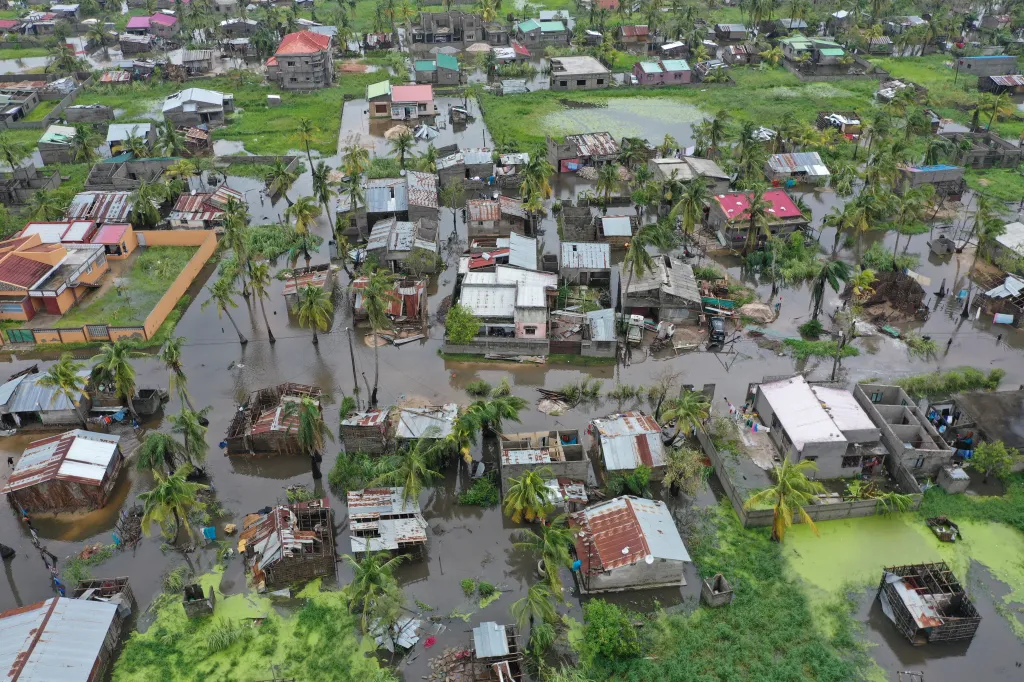Malaria and the Commonwealth – a moment of opportunity
The critical role of the Commonwealth in overcoming the effects of climate change to get the malaria fight back on track.

By the Honourable Khumbize Kandodo Chiponda, MP, Minister of Health for Malawi, and H.E. Dr. Armindo Daniel Tiago, MP, Minister of Health for Mozambique
Commonwealth leaders will unite at the biennial Commonwealth Heads of Government Meeting (CHOGM) next Monday (21st October) where they will discuss the storm of threats facing our nations, and the persistence of malaria across our Commonwealth must be addressed.
Commonwealth nations carry a disproportionate burden of malaria: we have over half the world’s deaths and cases, despite being home to a third of the global population, and 90% of all Commonwealth citizens live in a country with a risk of malaria.
Significant progress has been made in fighting malaria this century, yet this has stalled in recent years. Globally cases have been rising since 2018 to 249 million in 2022, a high not previously seen since 2005, and 608,000 died from the disease in 2022—with 76% of these deaths being children under five.
Not only do we have a moral imperative, but we must also recognize that malaria holds back all of society: we must be rid of it before it is too late to act.
It hinders economic growth as people are unable to work or have to care for their sick children and children themselves see their education negatively impacted. This loss of productivity also impacts global trade as new partnerships go unrealized.
Research conducted earlier this year by the advocacy organization Malaria No More UK projected that reducing malaria by 90% from 2015 levels by 2030 could lead to a staggering $142.7 billion uplift in GDP for malaria-endemic countries.
Whilst malaria is one of the world’s oldest diseases, the growing threat of climate change is making it harder to control.
An increase in extreme weather events, like flash floods, creates ideal environments for explosive levels of breeding by malaria carrying mosquitos.
Last year, ‘Cyclone Freddy’ hit Mozambique harder than we could have ever predicted. The flooding and related displacement created a huge challenge for public health officials to effectively allocate the tools and expertise needed.
Stalling progress not only threatens endemic countries. Over-burdened health systems are less equipped to detect and control new pandemic disease. The persistence of malaria undermines the collective health security of the Commonwealth, and all countries.
Malaria is a vicious foe and left unchecked, it will grow back much worse.
Hope, however, persists.
With science backed by leadership and funding, we can fight back.
Innovative research is expanding the malaria control and elimination ‘toolbox’ with two malaria vaccines now being distributed across malaria-endemic countries. Expertise is being drawn directly from Commonwealth countries, with Oxford University in the UK and the Serum Institute of India vital to the latest ‘R21’ vaccine.
Malawi was proud to take part in the pilot for the first ‘RTS,S’ vaccine in 2019 too, and has since seen a fall in severe malaria in our Southern region Nsanje among children who received the vaccine. Likewise, Mozambique has committed to rolling out the new R21 vaccine and hopes to immunise nearly one million children by the end of this year.
Next-generation mosquito nets treated with new insecticides to overcome resistance, are also rolling out at scale. Where these new nets have been distributed, we have seen very significant reductions in malaria cases and deaths. In Western Mozambique, the use of these nets reduced malaria incidence by 56%.
When new vaccines are allied with existing and developing tools, we can ensure maximum impact.
At CHOGM our leaders must renew their commitment to work to end malaria by 2030 and ensure full funding for the forthcoming replenishments from the Global Fund to Fight AIDS, Tuberculosis and Malaria, and Gavi, the Vaccine Alliance, so these tools reach those who need them.
Doing so will save millions of lives, boost economic productivity and fortify health systems against future disease risk. We have made huge gains against malaria before and this year’s CHOGM must help us to get the fight back on track.
